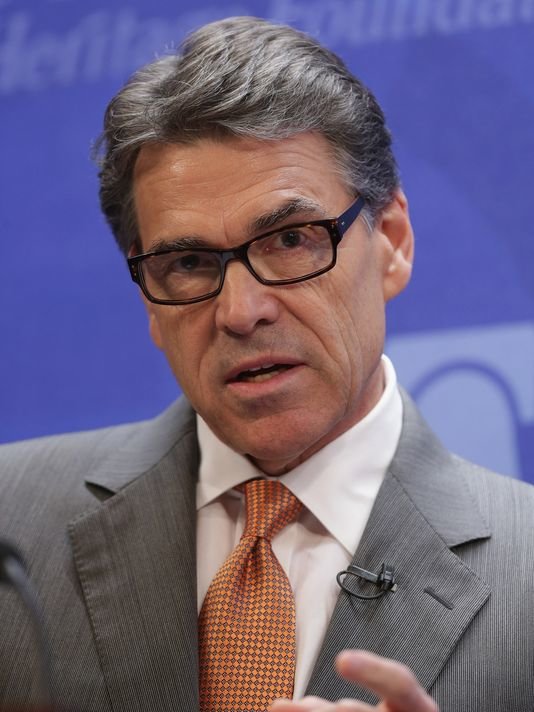
Republican candidate for president Rick Perry said Wednesday he would “reform Wall Street” if elected, adding that he wouldn’t provide any help to the big banks of America.
“After the bailouts of 2008, Americans came to believe that Wall Street is out for itself,” Perry said. “That the game is rigged. That the wealthy and the well-connected have insurmountable advantages over average Americans who simply work hard and play by the rules.”
Perry talks about business people being “out for themselves” as if it’s a bad thing. But is it?
In a free, unhampered, nonsubsidized market — it’s absolutely not a bad thing. In fact, you want businesses to be out for themselves. This is how they survive, flourish, take care of their stockholders and employees, and provide excellent goods or services to their customers.
Successful companies like Walmart, Apple Computers and Exxon Mobil survive because they watch out for themselves, all in the interest of making a profit. Most of us assume that making a profit is morally questionable, at best. Yet in the pursuit of making an honest, big profit, you end up helping others as much as yourself, even though this is not (and should not be) your overriding goal.
Self-interest is not the problem here. The problem — as Rick Perry might agree — is when government begins to rig the outcome. It does so by regulating the market with subjective or vague regulations. When government does this, it shifts the incentive from making a profit — i.e., rationally looking out for itself — to playing the right game with the government, so it won’t get slapped with a fine or even shut down.
Should government regulate Wall Street businesses in the first place? Most people, including no doubt Rick Perry, Donald Trump, or anyone else, will say “yes.”
But exactly why should there be any regulation at all? I don’t think anyone can answer this question. The need to regulate is accepted as a fact of nature, even though nobody can identify what the “regulation” is really supposed to do.
Fraud or contract violation should absolutely be against the law. We have civil courts, and criminal government agencies, to investigate and prosecute fraud. But fraud is not the reason most government agencies regulate Wall Street. Government agencies regulate Wall Street to do things like make sure everyone can buy a house, or to make sure the distribution of house ownership is “fair,” by political standards, whether it’s based on race, or other factors the government considers important.
Even worse than regulation, the federal government has removed moral hazard from the marketplace. By bailing out politically connected companies back in 2008, the precedent was firmly established. Now the incentive of Wall Street bankers and brokers is not only to survive, but to remain in good favor with the government. In a free market, businesses would face the possibility of perishing if they make bad decisions. In the bailout market, businesses know that, “If we stay in good with the government, we’ll survive when something goes wrong.”
We wonder why Wall Street bankers and others sometimes act in arrogant or politically manipulative ways. They act this way because we have made them this way. We made them this way by regulating them beyond the minimal requirements of prosecuting fraud, and by encouraging them to “hop to” as the government wants it, rather than as the marketplace would want it.
Economist Thomas Sowell and former BB&T mortgage company leader John Allison both wrote excellent books on the causes of the real estate/financial crash of 2007-08. It’s clear from reading these books that government intervention created the housing bubble, by providing incentives and regulations requiring that as many Americans as possible own a house.
Economic bubbles and disasters are usually caused by the government. If the government limited its work to the very important role of prosecuting and punishing fraud or contract violation, there would not even be a perceived need for regulation. But people are afraid to let go of this control, because they think the government is helping them, rather than hurting them. Yet the more government “helps” us, the more we end up hurting.
If you think business is too arrogant or “greedy,” then my suggestion is to get government out of the regulating and the subsidizing business. Perry is right that we should not bail out businesses the next time something happens (and it will). However, to be consistent, we have to stop strangling businesses through manipulative and coercive regulation, too.
It’s only fair.
Be sure to “friend” Dr. Hurd on Facebook. Search under “Michael Hurd” (Rehoboth Beach DE). Get up-to-the-minute postings, recommended articles and links, and engage in back-and-forth discussion with Dr. Hurd on topics of interest. Also follow Dr. Hurd on Twitter at @MichaelJHurd1
